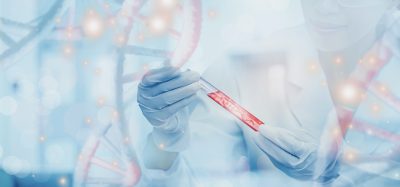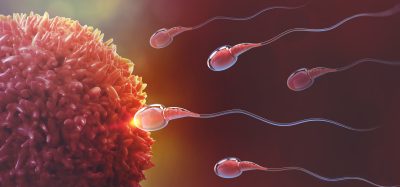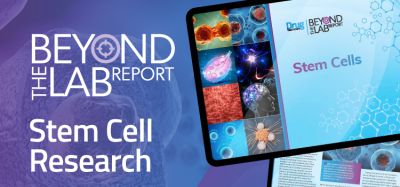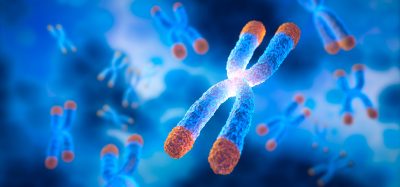P47 suppresses metastasis of HER2-positive breast cancer
Posted: 12 March 2024 | Drug Target Review | No comments yet
Results from an in vivo CRISPR knockout screen, targeting genes involved in autophagy, could lead to new therapies.
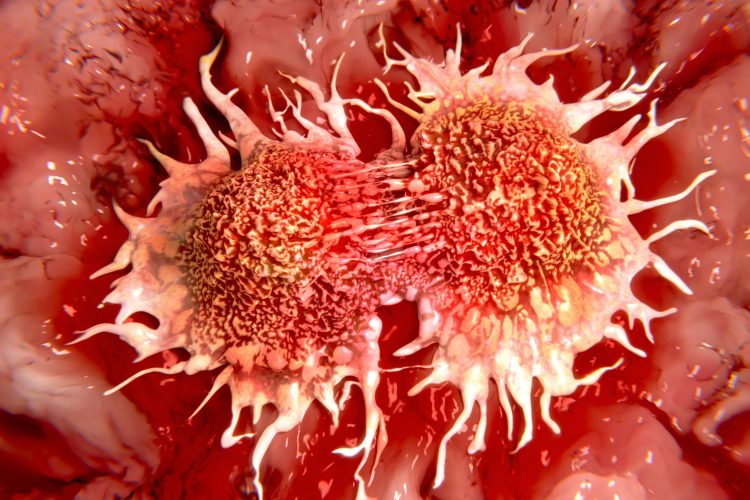

Scientists at the University of Cincinnati Cancer Center have discovered a new protein that helps to prevent metastasis of HER2-positive breast cancer. Although better screening and improved treatments are leading to more desirable outcomes for patients with breast cancer, 90 percent of breast cancer deaths are a result of metastasis. Around 20 percent of patients have HER2-positive breast cancer, which tends to be more aggressive than other types.
Dr Jun Lin Guan’s lab focuses on how autophagy affects cancer metastasis. First author of the new study and research scientist in Guan’s lab Dr Mingang Hao published research in 2021, which discovered that blocking autophagy in HER2-positive breast cancer cells aided the elimination of cancer development in an animal model of the disease. Yet, it was unclear whether the autophagy blockade also inhibited the process of cancer metastasis, as this could have been due to the elimination of the primary tumour growth in the model.
Studies that directly examine the role of autophagy in metastasis are very limited, with most focusing on genes thought to only play a role. Dr Hao explained: “In addition to these primary autophagy genes, which have been a major focus of research on cancer development and progression, there are many other proteins which regulate autophagy within cells.”
The team used CRISPR gene-editing technology to develop a specialised genetic library that targeted 171 different genes involved in autophagy regulation. By “turning off” each gene, they aimed to identify specific genes that prevented the spread of breast cancer cells. The gene library is available for other researchers at the Cancer Center and other institutions to use to identify potential targets in other cancers.
The p47 protein was found. In human breast cancer samples, lower p47 expression was correlated with higher breast cancer metastasis. Dr Guan, professor and former chair of the Department of Cancer Biology in UC’s College of Medicine, commented: “This is one of the first few studies that links a particular autophagy regulatory gene with cancer metastasis with clear mechanisms that can potentially lead to the development of new therapies…I view this as one of the most important findings from my lab and a culmination of a lot of research expertise as well as unique reagents we generated over the years.”
Dr Guan continued that a potential therapy would seek to increase the functions of p47 so that it can prevent metastasis. “I would argue it’s more powerful than inhibiting something,” he said, noting popular immunotherapy drug pembrolizumab similarly works by boosting a pathway the body uses to fight cancer.
In the future, the team hope to further understand p47’s mechanism of action and potential to be developed as a therapeutic.
The study was published in Cell Reports.
Related topics
Animal Models, Cancer research, CRISPR, Drug Targets, In Vivo, Oncology
Related conditions
Cancer Research, HER2-positive breast cancer
Related organisations
University of Cincinnati Cancer Center




